
In 2013 Michael Dell bought back the company he started in 1984 for $24.9 billion, financed through money from his own personal funds and loans from Silver Lake Investments and Microsoft. At the time, Dell said this was because the company needed to refocus itself, and start to work on what really mattered in their business. Going private was a big thing in the computer industry – nearly every OEM or ODM component or full system vendor is a publicly traded company, and they are that way primarily to earn more money and grow the company faster.
The “wisdom” of the day back then was that going private was a death sentence, and yet Dell Corp. survived. The company bounced back, things got better, and then started looking up. Of course, the promise of more money was always going to lure them back in and plans are in place to make the company go public again (and a suit is being brought against Dell Corp. for even thinking that this was a good idea). But that five-year period was Dell’s best in recent history. The game industry needs to do the same. It needs to take itself private, stop chasing ridiculous goals that have no merit and find itself again.
We’ve seen all the headlines this month, haven’t we? Electronic Arts’ stock price had a big dip as the company tripped over itself trying to please investors, and Apex Legends was pushed out as soon as it was ready to help them bounce back. Selling 7.3 million copies of Battlefield 5 wasn’t enough for them. Activision-Blizzard axed over 800 employees last week as a result of the company’s earnings not meeting investor’s expectations. If Metro Exodus doesn’t sell well on the Epic Game Store, one of the game’s developers said there’s a chance the next game doesn’t come to PC again.
As everyone closes in on their financial year-end reports, we can expect to see more of the same from the rest of the gaming industry. More of the same scurrying trying to please investors. Every year they have to do better than the last, and every year they have to reduce costs further to make the company’s books more attractive. In a market that is saturated to the point where publishers are telling investors anything but the absolute truth, where everyone is looking to introduce a live service or a subscription of some sort, there is limited money and mind share to go around. It is the definition of unsustainable.
And yet, it still happens.
But why?

One side of the story is that companies have a lot of things hinging on their value in the market. Let’s look at the value for Electronic Arts on the market. According to the latest figures for Yahoo Finance, EA’s stock price is trading around $102 with a market cap of $30.7 billion. That’s a lot of money. Over the last five years EA’s stock price has rocketed upwards, and at one point in 2018 quadrupled. Its market cap rose likewise, and we can look back at EA’s earnings calls for the years 2013-2018 to see why: they were pocketing a billion dollars a year in microtransactions by the end of 2018.
Alongside an average cost of $250 million to make a game in its entirety with marketing included, this showed that EA’s titles were always insanely profitable, and investors hitched on the bandwagon because they expected large dividends from their shares. This helped EA in terms of loans to finance new games, and generally this kind of arrangement is a good thing. It’s a double-edged sword if you’re not careful, though most companies are.
But there’s a ceiling here that EA won’t be able to break through: the available time and money of consumers isn’t infinite.
Every company wants its games to be bought and played, but the market is saturated with a plethora of titles to choose from. As time went on, EA had to make decisions that would see them shut down studios that made other games because they weren’t as profitable; Visceral, Danger Close, Black Box, Maxxis, all of these studios had established franchises that weren’t making as much money from
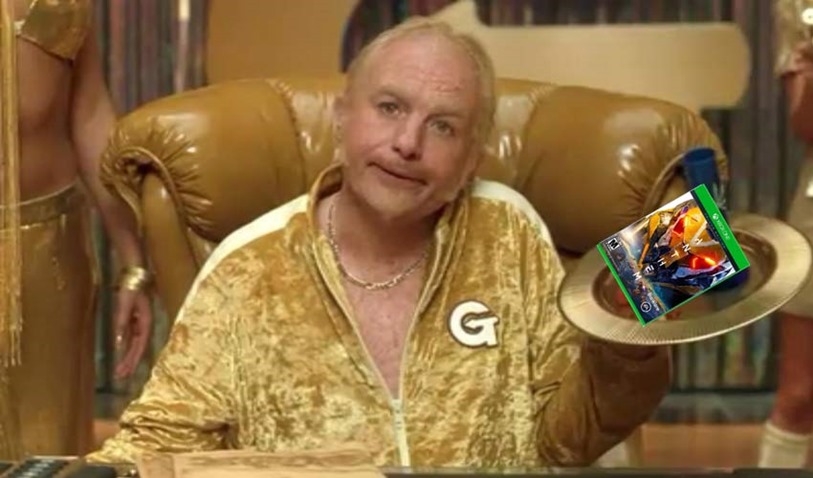
Do you know what a vicious circle is? It’s a mechanism that feeds upon itself, reinforcing a chain of events with detrimental results in a feedback loop with no tendency towards equilibrium. The cycle continues endlessly until something else breaks it.
That’s the future for Electronic Arts. Under Andrew Wilson’s leadership, the company pushed microtransactions harder than ever before, and pushed for yearly releases that would have recurrent spending mechanics that made the games more profitable. DLC sales, loot boxes, cosmetic skins, RNG events that kept players signing in every day and grinding away for loot, these were all tactics used to inflate the value of EA’s franchises and make the company more profitable. But everything hinges on those titles selling well. Missing the mark for Battlefield 5 by a million units or more means that the profitability ratio changes and less money is earned through those recurrent spending schemes.
Thus, investors aren’t satisfied. They want those dividends, and they don’t care how they get them. When Michael Dell announced the decision to take his company private via a PowerPoint presentation 8 slides long, he lamented the mundanity surrounding the decisions Dell Corp. took to
Dell’s presentation noted that taking on more and more debt to provide the money the company needed to achieve things that their investors wanted would decrease morale of staff and decrease employee retention. The company would have been gutted to satisfy investors who demanded high returns on their investment.
This is insanity
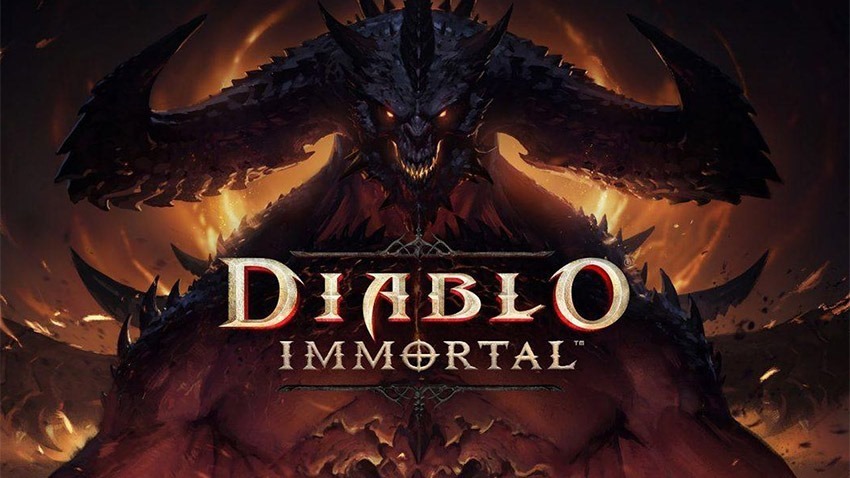
The other side of the story is
There’s a classic meme that focuses on the phrase “Please clap.” When Florida Governor Jeb Bush was at a rally in 2016 in the race for the Republican Party’s presidential candidate, he uttered those words to a crowd of unenthusiastic supporters after finishing a part of his speech where he paused for an expected round of applause. It never came. The
As the marketing departments inside major publishers stuck their fingers in their ears and wailed, game after game was pushed out with the expectation that consumers would spend more money on the DLC and the expansions and the microtransactions, but sales kept falling. Gamers were asked to Please Clap, but they weren’t that invested. Battlefield and Call of Duty lucked out with an uptick in sales as they returned to exploring the first two World Wars, but their sequels have seen huge losses in the tens of millions compared to their predecessors. Electronic Arts stopped keeping track of lifetime sales for Need for Speed after Rivals. Fallout 76 has thus far achieved less than a third of the lifetime sales of Fallout 3.
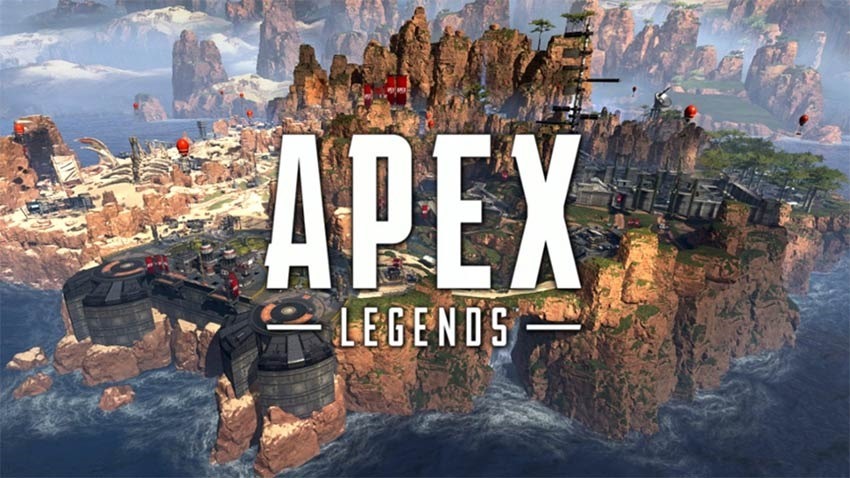
Where did all the money and player’s attention go? To Battle Royale, of course. PlayerUnknown’s Battlegrounds was the first game to dethrone DOTA2 in terms of monthly and daily active players in over a decade and
The funny thing about this is that even though these games are popular, they’re pulling players away from existing gaming communities focusing on other franchises. These aren’t new players, they were already there playing something else. They’re just there for the new hotness and will move on once it becomes old and busted.
We’re already sliding down that slope
In the last few years everyone has wanted to find the perfect live service to offer their customers, but very few games ever reached more than a few million players at best. The ones that had staying power like World of Warcraft, DOTA2, Warframe, World of Tanks, Counter-Strike and Team Fortress did so because of their balanced PvP approach that made playing online against and with others fair and fun. While single-player games offered engrossing and immersive getaways, games that offered online PvP and PvE modes that also allowed for emergent gameplay were gaining ground.
As far as games go, the Battle Royale craze owes itself to DayZ, a mod for ARMA II. Not a single marketing department had ever thought of this. After several months of the mod being worked on and
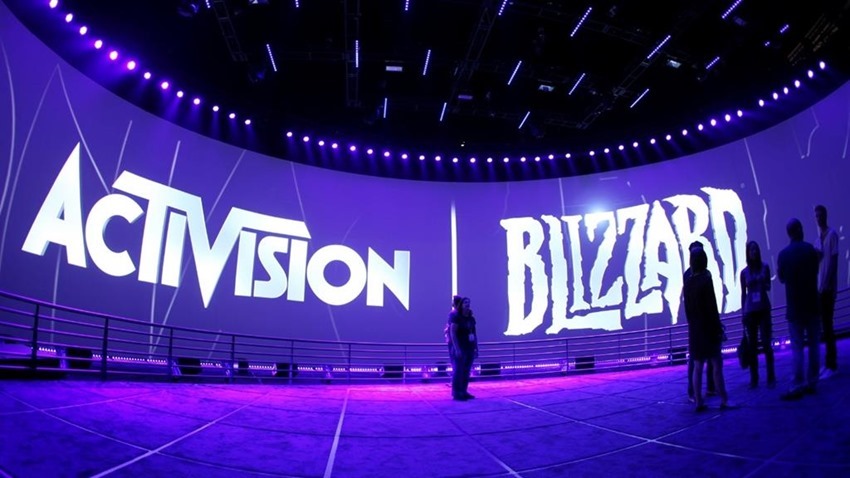
Publishers are climbing over each other and into their own skulls trying to do the same. That level of engagement, that amount of active users, that advertising revenue is immense and intoxicating. Epic Games has such a massive install base with so much player engagement and absolutely no idea what to do with it. They’ll surely throw stuff at the wall and see what sticks the longest (buying out Deep Silver’s blockbuster for 2019, and most of the Epic Game Store exclusive deals, are some of those things).
This is unsustainable. This march for growth at all costs, this lackadaisical approach to earning mind share, this callous disregard for the staffers who slave away to make these games happen. Things need to change. When EA Games’ former CEO John Riccitiello said on the record in 2007 that EA and the rest of the industry was “boring people to death” with annual sequels, and “making games that are harder and harder to play”, perhaps he looked behind the veil and saw farther into the future than anyone else could.
It’s not so much that the games these companies are making should change – by all means, keep on making games like Apex Legends, it’s bloody brilliant. The companies behind the titles we hold dear these days rather need to change their outlook and remember who the real customers are. It’s not their shareholders (who never play games anyway because most of them are just investment engines posing as juristic persons), it’s the gamers.
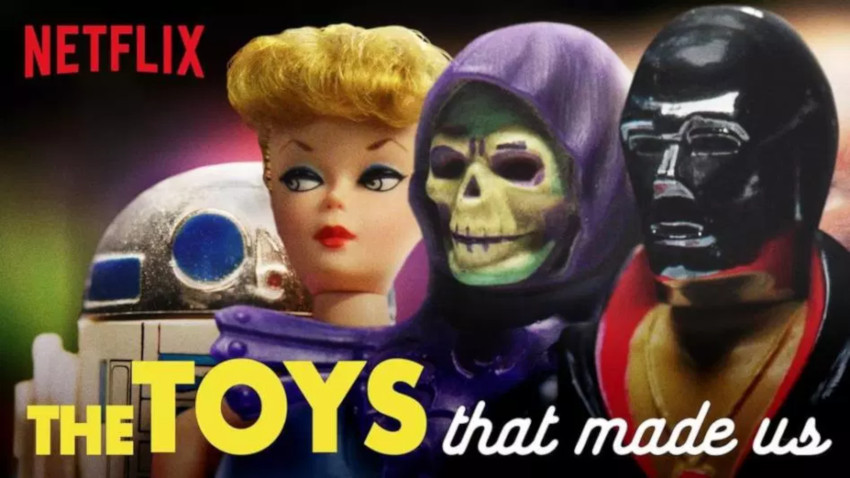
If you watch anything this week, go watch The Toys That Made Us on Netflix, specifically the episodes focusing on Star Wars and Hello Kitty. Star Wars as a brand made its creators and licensees oodles and oodles of money, but not before they kept on churning out whatever disparate parts they can slap their label on for more money, and drove out the hardcore collectors and the core Star Wars fan base for almost a decade.
So many episodes in The Toys That Made Us spell out clearly how toy manufacturers ended up throwing away good money after bad chasing higher and higher revenues, cutting costs like no-one’s business to keep the company’s stock price growing. Success was never guaranteed for more than a decade or two before the brand devalued itself through sheer exhaustion and for want of a quality offering.
This is the gaming industry’s future. We’re powerless to stop it. All we can do is watch.
The views and opinions expressed in this article are those of the author(s) and do not necessarily reflect the official policy or position of Critical Hit as an organisation.
Last Updated: February 18, 2019





















Pariah
February 18, 2019 at 13:58
What an excellent write-up!
“This is the gaming industry’s future. We’re powerless to stop it. All we can do is watch.” – This is so sad. But yeah, the best we can do is vote with our wallets, and enjoy the good stuff when it comes out.
Kromas
February 18, 2019 at 14:14
Valve is private and has stopped making games. 😛
Gavin Mannion
February 20, 2019 at 08:36
isn’t Valve now owned By Tencent?… need to google quickly
Nope, they own Epic, so yeah Gabe needs to get moving and make some more games again. Imagine just sitting around earning billions for nothing, where’s his incentive gone 🙂
Alien Emperor Trevor
February 18, 2019 at 14:40
Great piece, Wesley.
I think there’s still room for large publicly traded publishers, they’re in a position to do things self-funded developers can’t or won’t be able to do. Pretty sure Star Citizen would’ve come out by now if there was an EA sitting over them. And that’s raised over $200 million, the next biggest crowdfunded game hasn’t raised a tenth of that.
However you’ve identified a bunch of issues with them that they really need to address, like focusing on shareholders instead of customers, unrealistic growth expectations, and trend chasing. It’s only yesterday every new game was a WoW-killer, then a DOTA-killer, then a hero shooter, now BR is the new hotness.
Pariah
February 18, 2019 at 14:40
tl;dr
Original Heretic
February 18, 2019 at 14:49
That title screams at me. AAA must go private? I take that to mean they must fuck themselves.
BakedBagel
February 18, 2019 at 14:58
Ive been saying for a while now that the industry needs a crash as sad as it is, its too broken, too driven by profit.
Deon Du Plessis
February 18, 2019 at 14:58
Bloody brilliant opinion piece, this.
I’d also recommend watching Jim Sterling’s recent rant on CAAApitalism for further insight into the state of the AAA games industry.
I’m not his biggest fan, but he certainly made some great points in that video; primarily that there is no such thing as “enough” for investors and the unsustainability of the pursuit of perpetual growth.
BradeLunner
February 18, 2019 at 17:36
This was a great read, thanks for pulling it all together so concisely
Caveshen Rajman
February 18, 2019 at 13:58
Pros of gaming going mainstream:
– More accessible
– More socially acceptable
– Diversity etc.
Cons of gaming going mainstream:
– Profit-driven development decisions
– Absolutely zero incentive to push art / innovation
– Mainstream won’t care because consumption is all that matters
Admiral Chief
February 18, 2019 at 14:06
I don’t agree with your ‘pros’ but I really agree with your ‘cons’
Caveshen Rajman
February 18, 2019 at 15:06
I’ll take it.
Admiral Chief
February 18, 2019 at 15:06
Your cons are really on point though
Admiral Chief
February 18, 2019 at 14:06
Opinions are like a$$h0l3s, and in this case, very useful. Nice one
Purple_Dragon
February 18, 2019 at 19:21
Nice read.
Evarin Sharath'fe
February 18, 2019 at 20:07
Great article. You summed up the current problems facing the industry better than any other attempt I’ve seen so far. I’ll be keeping my eye on Critical Hit going forward if this is the level of content I can expect.
Humantouch
February 19, 2019 at 07:53
Nice Article. Thanks Wesley